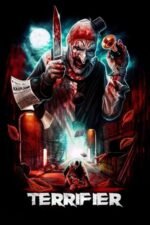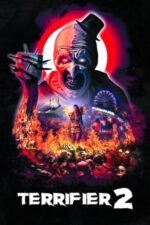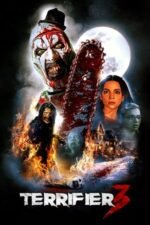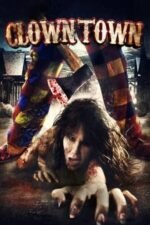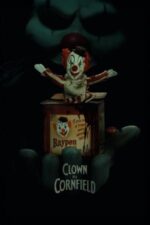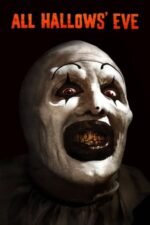Why Are We So Scared of Killer Clowns? A Look at Cinema's Most Terrifying Mascots
Okay, let’s talk about something genuinely unsettling: killer clowns. It's a trope that just gets under your skin, doesn't it? Beyond the obvious – bright colors and exaggerated smiles meant to entertain suddenly twisted into instruments of terror – there’s a deeper reason why these figures resonate so strongly with our fears. And cinema has been expertly exploiting that for decades.
Think about it: clowns are supposed to be symbols of joy, of childhood wonder. They're the performers at birthday parties, the stars of the circus. That inherent contradiction—the subversion of something meant to bring happiness into a source of dread – is what makes them so effective as horror icons. It’s like when you realize your favorite candy has an ingredient you really shouldn’t be eating; that initial comfort turns sour.
The films listed here all play with this unsettling duality in different ways. Bad Candy, for example, uses the clown figure to embody a town's collective guilt and dark secrets, blending folklore with gruesome reality. It’s not just about jump scares; it’s about tapping into that primal fear of something familiar becoming monstrous. Clown Hunters leans more into psychological thriller territory, blurring the lines between past trauma and present danger – imagine if Pennywise from It decided to hold a grudge!
Then you have films like Faceless After Dark, which cleverly explores the dark side of fandom and how obsession can warp reality. The clown costume becomes a symbol of an imitator’s twisted devotion, highlighting the unsettling power dynamics between creator and audience. And Clown in a Cornfield? That's just wonderfully bizarre – a rural horror story where a clown isn't just scary; he's a manifestation of a community's repressed anger and desire for vengeance. It reminds me a little of those old, unsettling scarecrow movies from the 70s, but with a distinctly modern twist.
Even Frayed uses the clown imagery to represent something far more disturbing than simple malice – the fractured psyche of a son consumed by mental illness and seeking revenge on his father. And finally, Out of the Dark takes the classic slasher formula and injects it with a layer of vulnerability as young women are hunted by an anonymous figure in a clown mask.
What all these films demonstrate is that the killer clown isn't just about gore or jump scares (though they certainly can deliver those!). It’s about exploiting our deepest anxieties – the fear of the unknown, the corruption of innocence, and the unsettling realization that something we trust can betray us in the most horrifying way.
So, next time you see a clown, even one at a carnival, maybe give them a slightly wider berth. You never know what secrets they might be hiding!




















